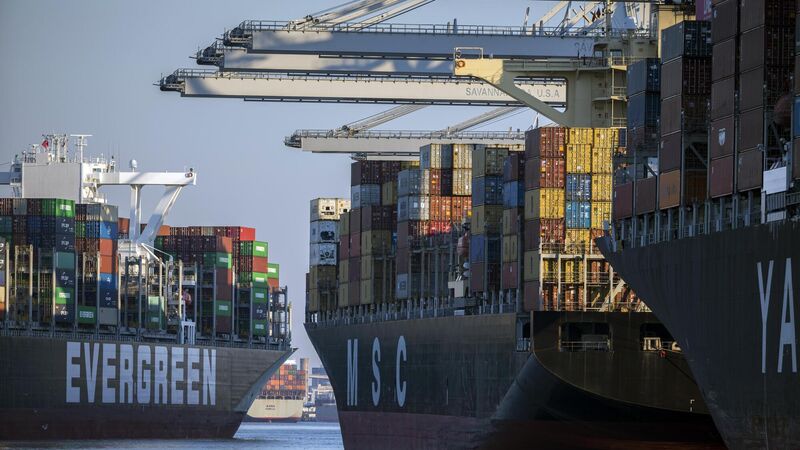WTO cites a 'lack of transparency' on China's industrial subsidies

While the US and the EU remain China’s most important export markets, their share has decreased over the last three years. Other markets including Russia, India or the Middle East have filled the gap. Photo: AP/Stephen B. Morton
The World Trade Organisation (WTO) highlighted China’s “lack of transparency” on industrial subsidies, suggesting the absence of such public information is fuelling complaints from other nations about the threat of Chinese goods flooding the global economy.
Beijing’s disclosures are not complete and detailed enough “to have a clear picture of China’s support programs,” the WTO secretariat said in a trade policy review of the world’s No. 2 economy and the first such appraisal since 2021.











